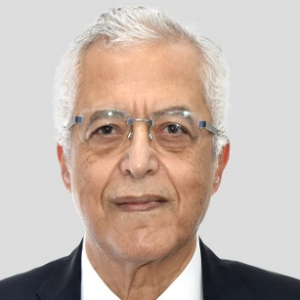AI and Big Data in Tissue Engineering
The intersection of artificial intelligence, machine learning, and tissue science is reshaping how biological data is interpreted and applied. AI and big data in tissue engineering enable unprecedented levels of precision in designing scaffolds, selecting cell sources, and predicting regenerative outcomes. Through pattern recognition and algorithmic modeling, AI systems can process vast volumes of multi-omics and imaging data, revealing correlations invisible to human analysis. Researchers now use predictive analytics to simulate cellular behavior, refine bioprinting strategies, and anticipate immune responses to implants. By integrating clinical and preclinical data, AI-driven platforms are also helping accelerate patient stratification and personalized therapeutic design. AI and Big Data in Tissue Engineering represent not just technological advancement, but a paradigm shift in the way research is conducted and therapies are developed—providing a foundation for adaptive, data-informed regenerative solutions that continuously evolve based on real-world performance.

Nagy Habib
Imperial College London, United Kingdom
Lucie Bacakova
Institute of Physiology of the Czech Academy of Sciences, Czech Republic



Title : AI-integrated high-throughput tissue-chip for space-based biomanufacturing applications
Kunal Mitra, Florida Tech, United States
Title : Stem cell technologies to integrate biodesign related tissue engineering within the frame of cell based regenerative medicine: towards the preventive therapeutic and rehabilitative resources and benefits
Sergey Suchkov, N.D. Zelinskii Institute for Organic Chemistry of the Russian Academy of Sciences, Russian Federation
Title : In vitro evaluation of lyophilized Dedifferentiated Fat cells (DFAT) impregnated artificial dermis
Kazutaka Soejima, Nihon University, School of Medicine, Japan
Title :
Nagy Habib, Imperial College London, United Kingdom
Title :
Alexander Seifalian, Nanotechnology & Regenerative Medicine Commercialisation Centre, United Kingdom
Title : The regenerative medicine of the future
Marco Polettini, DVM, Italy